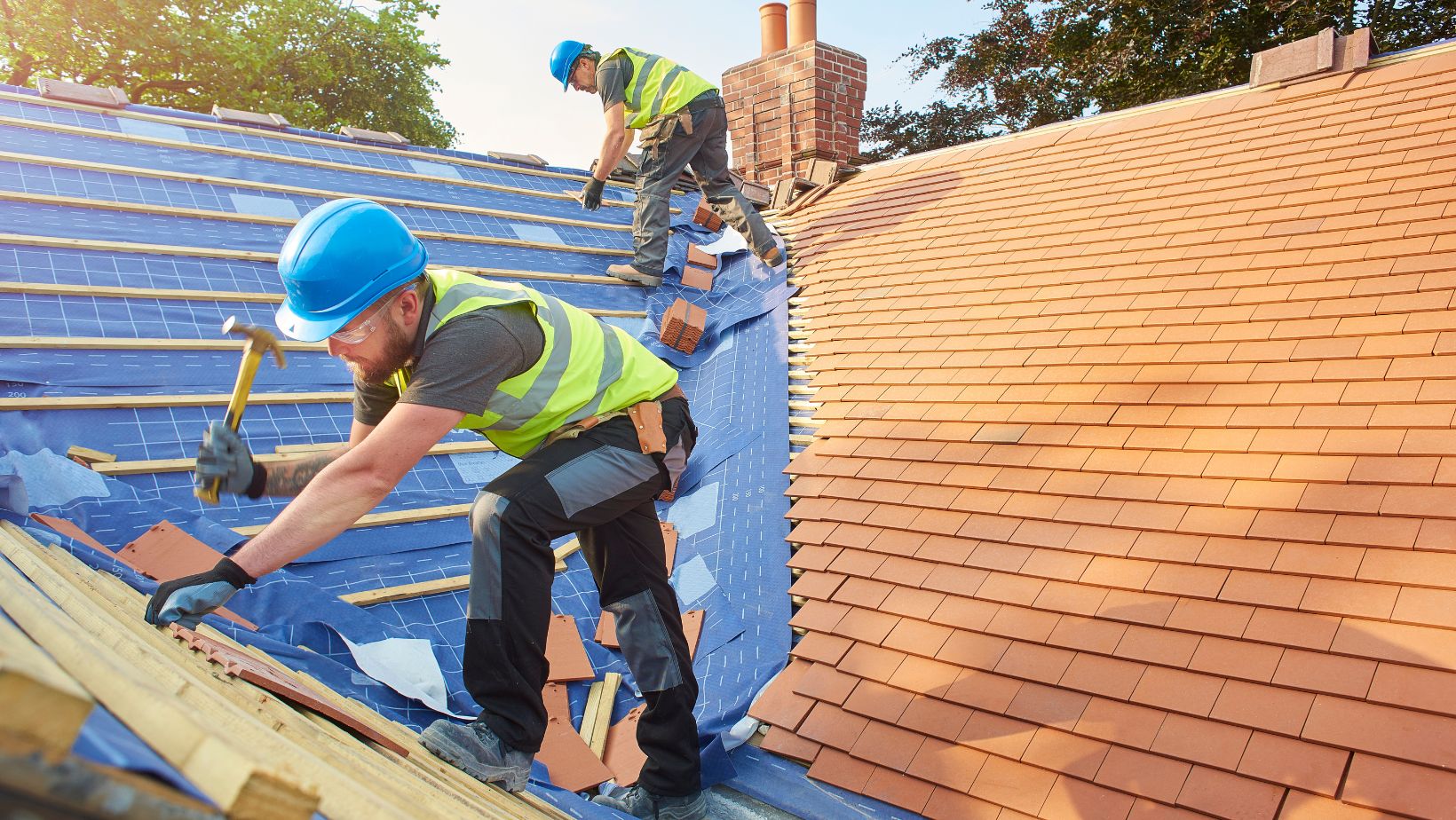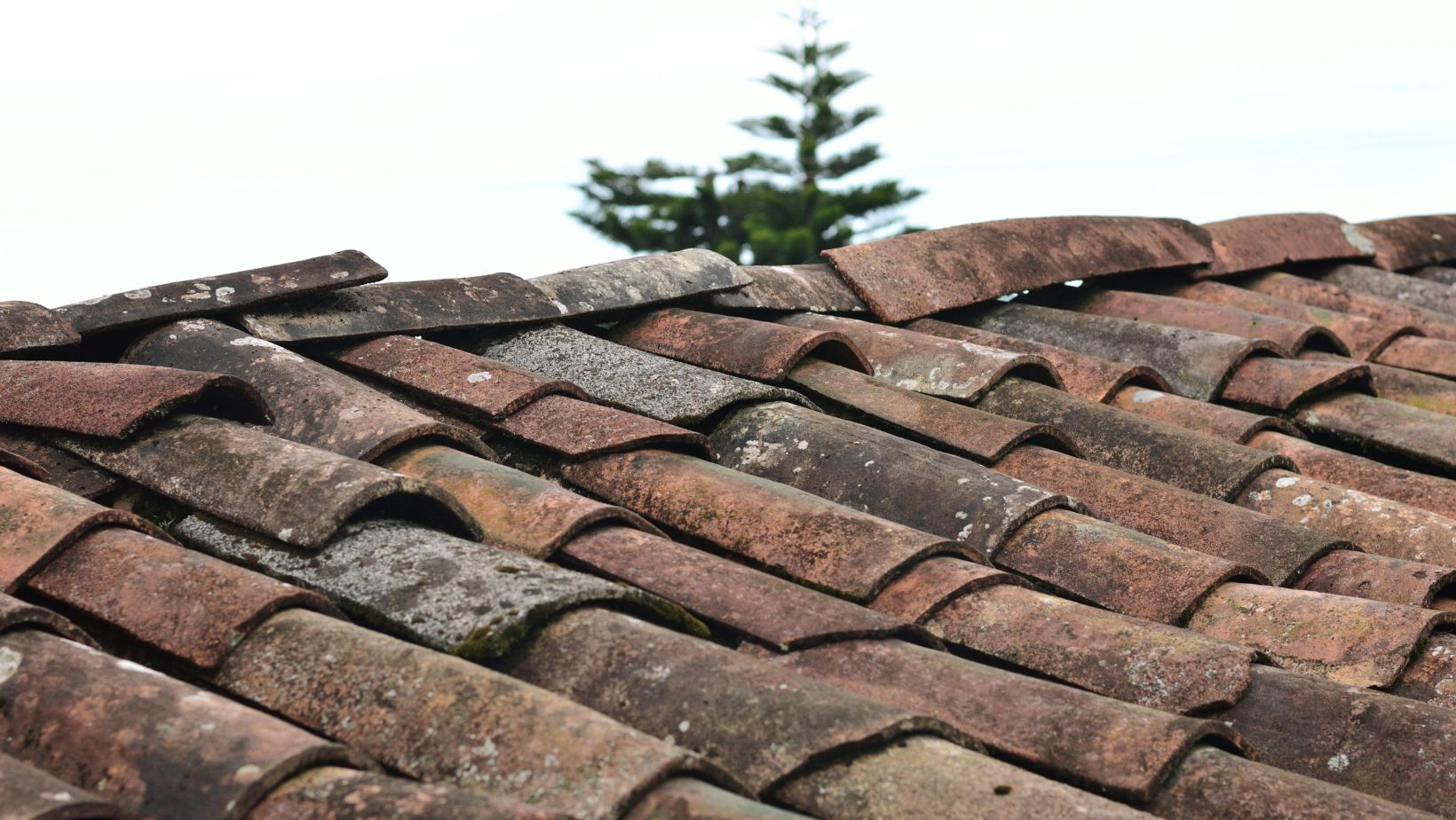Roof repairs can be a daunting task for homeowners, especially when it comes to understanding when to tackle the job on your own or call in a professional. Knowing the signs that indicate the need for professional help can save you from further damage and costly repairs down the line. Additionally, being informed about the repair process allows you to have realistic expectations when hiring a roofing contractor. By the end of this guide, you’ll gain clarity on how to approach roof repairs wisely.
Recognizing Signs of Roof Damage
To determine when to make that crucial call, homeowners should be vigilant in recognizing signs of roof damage. One of the most evident indicators is visible leaks. If you start noticing water stains on your ceilings or walls, it’s time to investigate. Leaks can stem from a variety of issues, including missing shingles, cracked flashing, or damaged gutters. Another common sign might be the presence of damaged shingles. If the shingles are buckling, curling, or missing altogether, your roof is not providing adequate protection against the elements. Regular inspections can help you spot problems before they turn severe. According to the National Roofing Contractors Association, one-third of all roofer work is related to roof repair, and most issues can be attributed to neglecting signs of damage.
Considering DIY Repairs
There are situations where DIY repairs might seem feasible. Small problems, such as replacing a few shingles or sealing minor leaks, are often manageable for the handy homeowner. However, when considering tackling these issues, safety should always be the top priority. Climbing onto the roof can be dangerous without proper training and equipment. Falls account for a significant number of home injuries annually, with ladders being a common culprit. If you decide to undertake roof repairs, make sure to equip yourself with safety gear and, if necessary, a harness. Additionally, carefully assess the weather conditions, as working during wet or windy conditions amplifies the risk of accidents. Sometimes, attempting these repairs without adequate skills can exacerbate the damage or lead to costly errors, turning a simple fix into a complex problem.
Understanding the Professional Roofing Process
When it comes to significant damage or if you’re uncertain about the severity of the problem, calling a professional is advisable. Professional roofing contractors typically follow a multi-step process that provides peace of mind and results in a high-quality repair. The first step usually involves a thorough roof inspection to assess the extent of the damage.

After the inspection, the contractor will discuss potential solutions and provide an estimate of the repair costs. At this stage, it’s useful to ask questions regarding the materials they will use and the estimated timeline for completion. Proper communication ensures that the contractor understands your concerns and preferences, particularly when addressing Murfreesboro roofing concerns or other specific locations. If you have a specific budget in mind, do express this for tailored suggestions that will meet both safety and aesthetic requirements.
The Importance of Choosing the Right Contractor
Choosing the right roofing contractor can significantly influence your overall experience and satisfaction with the outcome. Begin by searching for contractors with solid reputations, often indicated by online reviews and testimonials. Look for contractors who have been in business for a significant amount of time, as longevity suggests reliability and experience. Don’t hesitate to check for relevant licenses and insurance coverage. Professionals should carry liability insurance and workers’ compensation insurance to protect you in the event of an accident during repairs. Obtaining multiple quotes can also provide insight into competitive pricing while giving you leverage for negotiation.
Potential Costs of Roof Repairs
Understanding the potential costs associated with roof repairs is vital for budgeting. Repair costs can vary widely based on several factors, including the scope of damage, materials needed, and contractor labor rates. On average, minor repairs may cost anywhere from $150 to $600, whereas more extensive repairs can climb to $1,000 or more. It’s important to gather estimates from multiple contractors to compare costs and services offered. Keep in mind that cheaper doesn’t always equate to better. Low bids might signal lower-quality workmanship or inadequate materials. Discuss the details and make sure that all proposed repairs align with needed safety measures and quality standards, which can ultimately save you money in the long run by prolonging your roof’s lifespan.
What to Expect During the Repair Process
Once you’ve selected a contractor and finalized the agreement, you should prepare for the repair process itself. Depending on the damage and scope of work, repairs might take a few hours to several days to complete. Experienced contractors will strive to minimize disruptions, but some noise and activity will inevitably occur. During the process, the contractor will remove any damaged sections of the roof and replace them with new materials. It’s important to stay in communication with your contractor to receive updates on progress and any unforeseen issues that may arise. Having realistic expectations can prevent frustration and help maintain a positive relationship with the contractor.
Post-Repair Considerations
After the repairs are completed, a professional contractor will often conduct a final walkthrough to ensure the work meets quality standards and matches your original request. It’s crucial to voice any concerns or questions during this time, as it provides an opportunity to address anything that may have been overlooked.

Additionally, ask about warranties for the work done and the materials used in the repair. Contractors often offer warranties that cover labor for specific periods, providing peace of mind regarding the repair quality. Moreover, keeping records of repairs is essential for future reference, especially if you ever plan to sell your home.
Maintaining Your Roof Post-Repair
To extend the lifespan of your newly repaired roof, regular maintenance is key. Simple tasks such as cleaning gutters, inspecting for debris, and checking for signs of wear can prevent issues from escalating. According to the National Roofing Contractors Association, regular inspections can significantly enhance your roof’s durability and avoid costly repairs down the road. Establish a schedule for periodic inspections, whether bi-annually or annually, to catch potential issues early. If you lack the experience, consider hiring professionals for maintenance checks, as they can spot problems that may go unnoticed by the untrained eye. Implementing these preventive measures ensures that your roof remains in excellent condition for years to come.
Making informed decisions regarding roof repairs can save you both time and money. Understanding the signs of damage, when to call in professionals, and what to expect throughout the repair process will lead to successful outcomes. By partnering with the right contractor and maintaining your roof post-repair, you can enjoy a durable and reliable shelter for your home. Homeownership comes with significant responsibilities, but being proactive about roof maintenance ensures peace of mind for years to come.


More Stories
Maximizing Space and Functionality: The Ultimate Guide to Garage Building
The Importance of Quality Siding in MA
The Impact of Automated Window Treatments on Modern Home Design